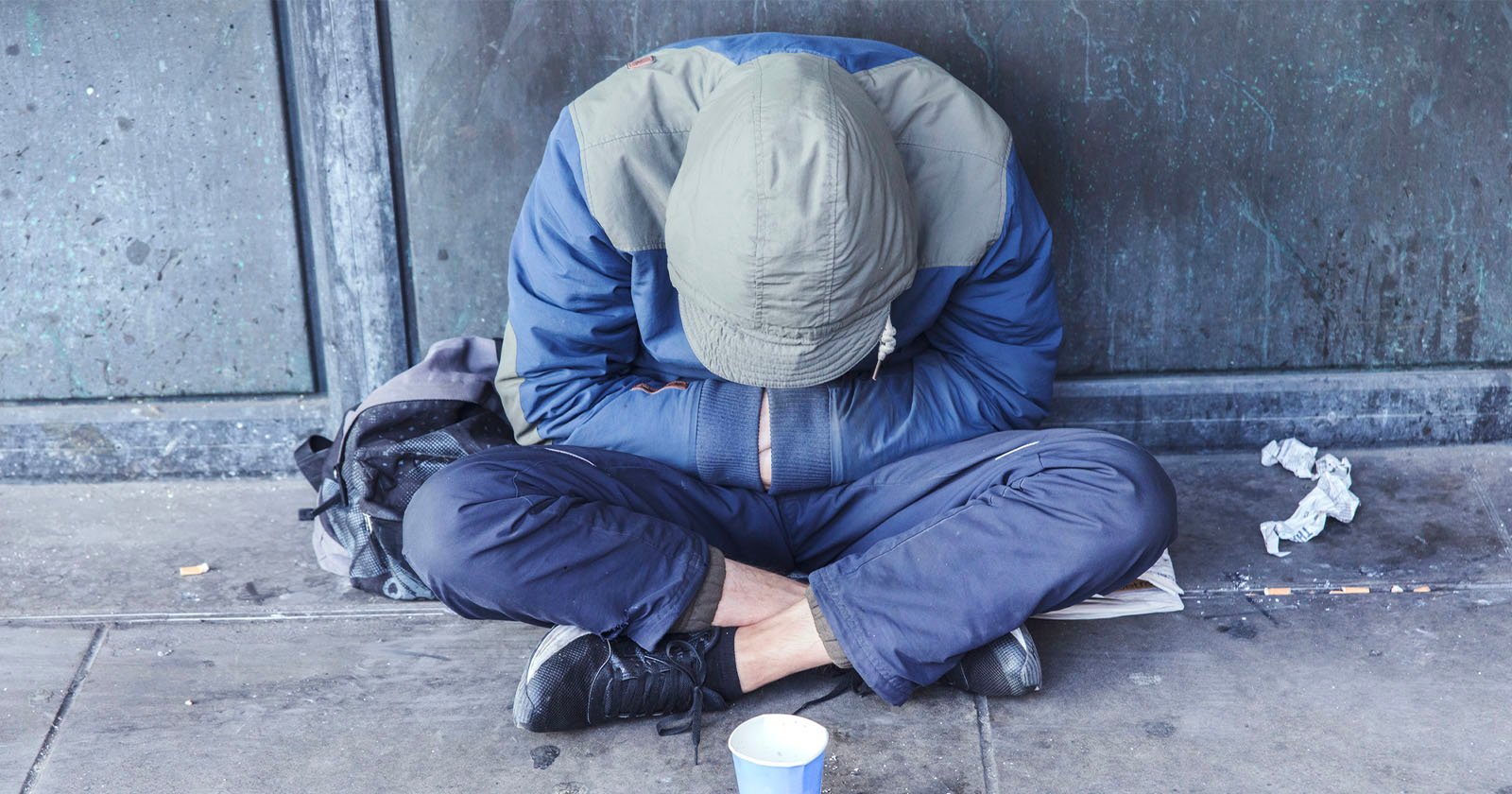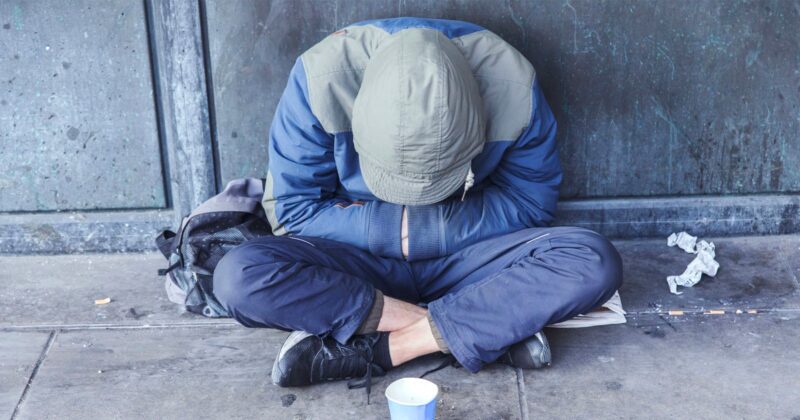A photographer is refusing to take down images he took of a homeless woman before she died — despite requests from her family.
Donnie Johnston documents unhoused people in Windsor, Canada, and in Detroit, United States. His social media pages are filled with unsettling images of people struggling with poverty and addiction.
One of the people he photographed circa 2017 is Alicia Newman, who died at age 37 in 2018. About a year later, Newman’s family, including her twin brother Devin, saw the photos and requested that Johnston remove them.
“It’s really hard because my sister didn’t look like that at all,” Devin tells CBC. “It felt really violating, seeing her in a vulnerable state,” adds Alicia’s half-sister Nancy Turner.
Johnston has reportedly ignored the family’s requests, blocked them on social media, and continued to publish the photographs. He apparently captured three portraits of Alicia, he posted one just a week ago.
PetaPixel has reached out to Johnston for this story, but when CBC contacted him for comment, he declined, instead posting an Instagram Story which read: “I don’t claim to be anything but a photographer. I will never take down any photo for any reason ever. End of story.”
Most recently, Johnston has shared clips and quotes from controversial street photographer Bruce Gilden, whose in your face style has won as many critics as compliments. It appears the quotes relate to the photos of Alicia Newman.
Laws Around Street Photography
Both in Canada and the United States, it is legal to take a photo of anyone on a public street. Only in places where there is a reasonable expectation of privacy can street and press photographers face restrictions.
A law professor from the University of Windsor tells CBC that she believes the law isn’t keeping pace with the digital world we live in — especially as it relates to homeless people.
“I think there is a huge vulnerability created through this lack of legal protection when the laws can’t be nuanced enough to understand that people have different ways of experiencing being out in public,” says Kristen Thomasen.
Denmark is currently strengthening laws to protect a person’s likeness, which may affect photography. But any regulation that stops photographers from carrying out their work freely would be devastating to the art form, and may have unintended consequences, such as affecting press freedom.
Image credits: Header photo licensed via Depositphotos.


